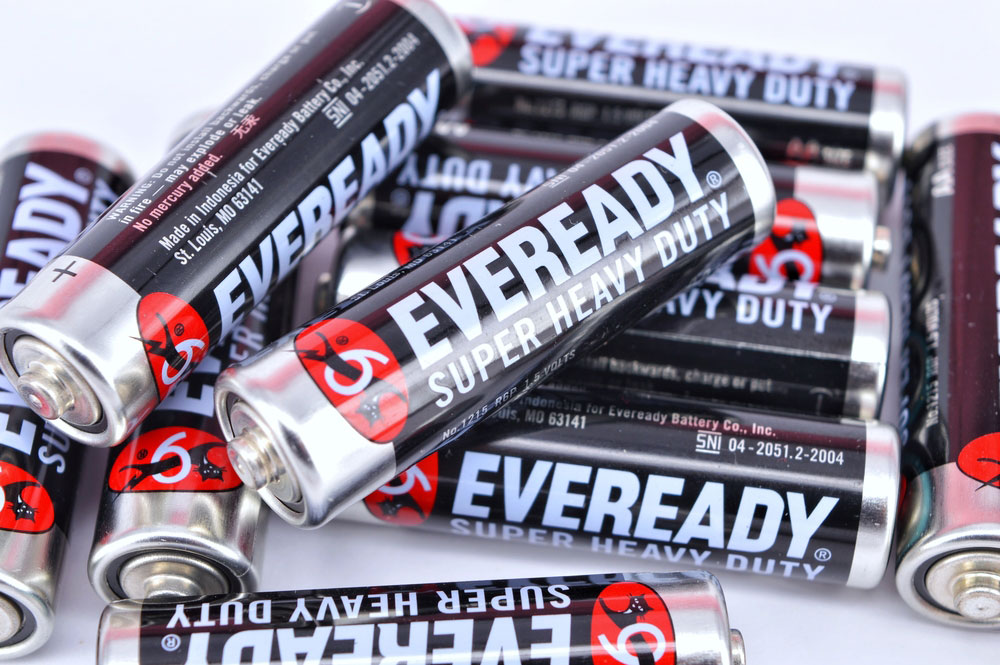Promoters’ holding in two key manufacturing companies of Williamson Magor Group — Eveready Industries and McLeod Russel India Ltd — witnessed a sharp decline in the first six months of the fiscal, signalling a weakening grip of the owners over the affairs of the outfits.
The family of late Brij Mohan Khaitan and entities controlled by it also aggressively pledged their residual holdings in these companies with financial institutions as they grapple with promoter level debt and falling share prices in the market.
The Khaitans had over 44 per cent stake in dry cell battery and appliance maker Eveready at the end of March 31, 2019, which has come down to 30 per cent by the end of the second quarter.
Moreover, in excess of four-fifth of the holding is pledged with lenders as on September 30, 2019, filing with the bourses shows, raising the possibility of a further decline in holding.
Bulk tea producer MRIL also saw promoters holding falling from over 42 per cent on March 31, 2019 to 27 per cent, a sharp decline over 15 per cent in a span of 180 days. Moreover, nearly all of the holding of the promoters are pledged.
Promoters lost their stake in both the companies because of a vicious cycle led by a high level of pledges. Investors and traders punished companies with high promoter level debt which has been primarily raised by pledge of shares. And when stock prices were hammered out of shape, lenders sold the shares in the open market to cover their loan exposure, leading to a further decline in stock prices.
Admittedly, the promoter group companies had to pledge shares not to raise money for their core businesses but to cover for losses in the engineering procurement and construction outfit of the group, McNally Bharat Engineering Co Ltd. Aditya Khaitan, a principal promoter of the group, has acknowledged that lending to group entities was a mistake.
Restructuring
Lead lender ICICI Bank has appointed SBI Caps to carry out a comprehensive debt recast involving the companies. While the work to bring different lenders on board for a resolution outside Insolvency & Bankruptcy Code is on, the promoters are trying to sell assets to reduce debt.
Eveready, for instance, is said to be in talks with Duracell of USA to sell the battery business. However, a decline in promoters holding would mean that their own pie from the sale proceeds would come down with the decline in holding, limiting manoeuvrability.
Moreover, it may become a little more complicated to carry out special resolutions which will require 75 per cent shareholders approval. The battery business sale, if it takes place, will require one such approval.











